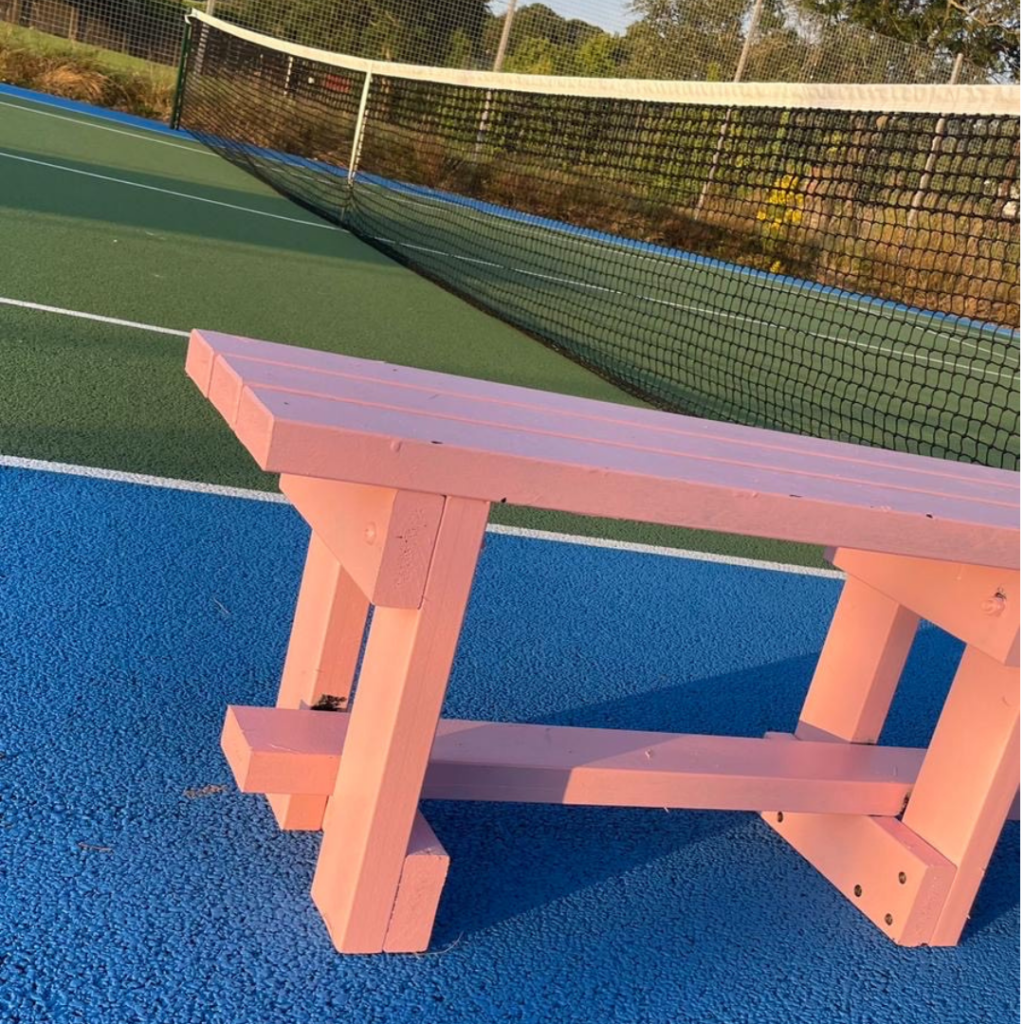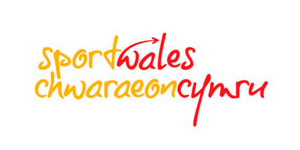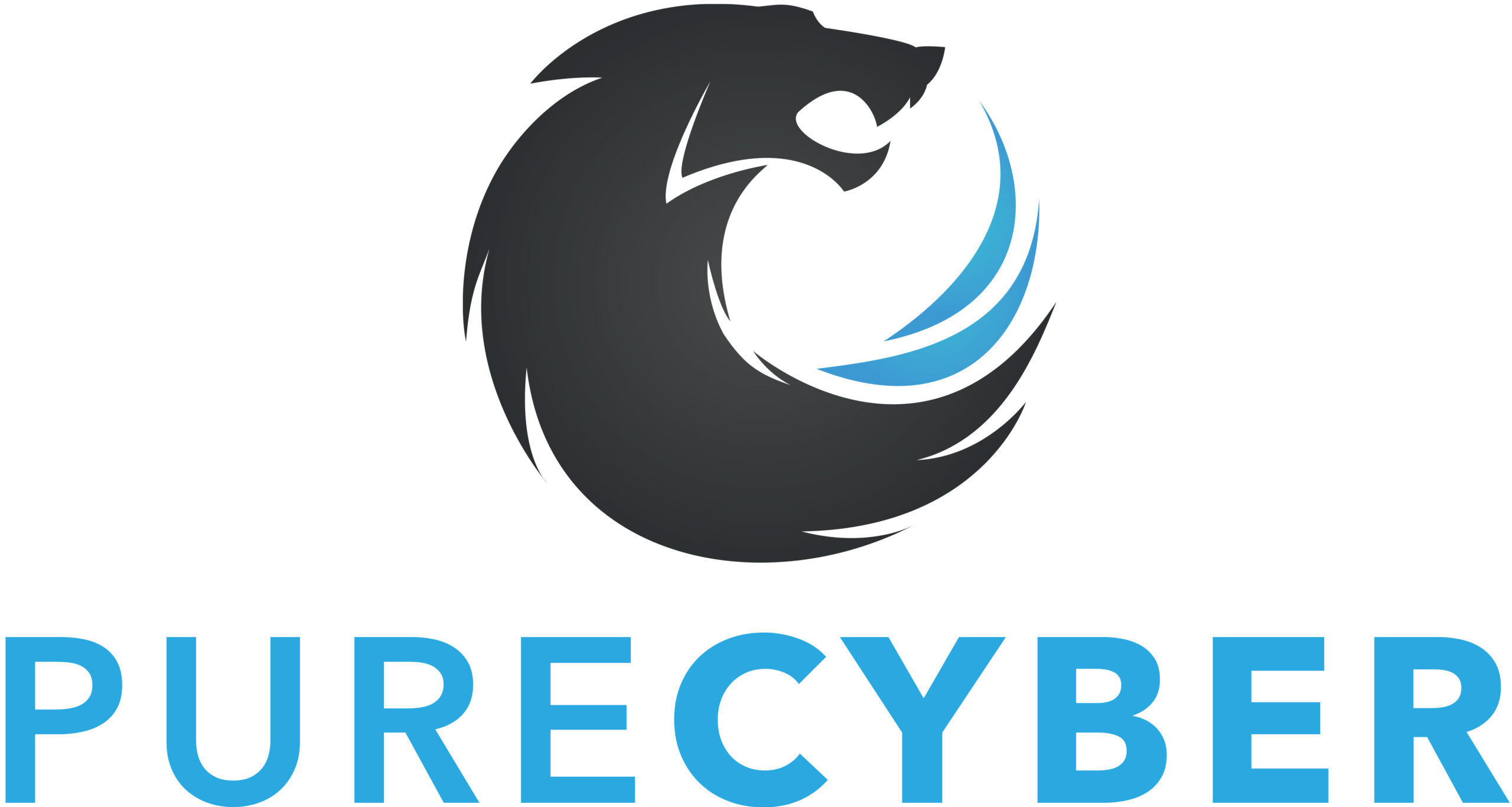How WSA members have helped provide safe spaces to talk through collaboration with Speakeasy Club
Sport has an immense power for good, both physically and mentally. A host of WSA members have been working alongside Speakeasy Club to harness this and ensure that individuals feel safe to talk, be listened to, and look after their mental wellbeing.
Speakeasy Club Founder Simon Clarke is on a mission to use his lived experiences to empower and educate sports teams, community groups and individuals on how to prevent them or their teammates from suffering in silence, and create a culture in sport where everyone can be listened to without judgement and hesitation. He has been a centralised point between our members in doing so.
Simon has collaborated with the Welsh Rugby Union, Tennis Wales, Cymru Football Foundation, Dragons RFC, as well as BowlsWales members in recent months, using the power of sport to normalise conversations around mental health.
These collaborations have seen bright pink benches installed at various sporting venues across Wales and beyond.
“We’ve got 31 benches out over the last 15 months,” Simon told us.
“The point around the bench is to create a bit of a beacon in these community venues where people can gather around if they want to.


“It’s mainly around having access to the free resources; when you scan the QR code, it takes you to a place that’s safe, a place you know you won’t be judged.
“You know that you can get access to support for you or a pal, and you can also put your phone in your pocket, go away, and look at it in your own time.”
Later this year, Tennis Wales will be involved in one of Speakeasy Club’s Bench2Bench walks, which are raising money to continue raising awareness.
The opening walk of the campaign will take place across Cardiff and the Vale in May, with participants set to trek 31 miles around 11 tennis venues – including parks venues as well as traditional clubs – across Cardiff and the Vale.
Fellow WSA members Dragons RFC will also collaborate for the final of these Bench2Bench walks, with participants planning to walk 40 miles from Chepstow RFC to Old Penarthians RFC via the Dragons’ home, Rodney Parade.
Speakeasy Club has also worked with WSA members in raising awareness through in-person events, providing talks and clubhouse events for sports clubs’ local communities.
“We’ve got a number of talks across the whole of Wales coming up now, including the South and West, the Valleys, as well as Conwy up in North Wales,” Simon explained.
“Ultimately, we’re working with these organisations to showcase the power of sport; we’re showcasing how sport brings people together, and makes people really feel like they’re part of something.”


Simon went on to state how he’s created Speakeasy Club to be “different”, and how this has helped community clubs’ members in their needs.
“There are enough brilliant organisations that tell people about their mental health problems. We want to start empowering people to change that.
“We want to help people understand the difference between poor mental health and mental illness and stop people from getting to a point of mental illness.
“We’re trying to give them some tools, some tips, some tricks on how to navigate those tricky conversations.
“And while it’s predominantly men, it’s not exclusively so. When I was struggling most, my wife didn’t know what to do; she didn’t know how to help.
“So, it’s a bigger picture here than just looking at men’s mental health; that’s too general for me.”
Simon’s experience in the sport and leisure sector has allowed him to witness its power for good in this area, and has valued the collaborations that WSA members and other sporting entities have been keen to realise.
“It’s been great to see NGBs and clubs keen to work with us on this,” he stated.
“I’m trying to help a lot of people off the pitch. If you take rugby as an example, there’s a lot of grant funding, there’s a lot of support in that way, a lot of focus on getting people with a ball in their hands and out on the mud; but the clubhouses are the lifeblood.
“Without them, you don’t bring people together and it doesn’t keep people in the sport; they are just as important.
“So, we’re able to come in and have those clubhouse conversations and use clubhouse language to connect with individuals. In this way, we can complement the work that WSA members and other organisations are doing.”

Speakeasy Club has worked alongside WSA members to use this idea of the clubhouse to enhance that community feeling and get people talking and listening.
“We all want to do stuff with like-minded people, whatever that is,” he told us.
“Ultimately, sport is tribal; whether that’s supporting a team or playing for a club or whatever it may be, you feel part of something with other people that are doing the same thing. That is astonishingly powerful.
“We talk about the clubhouse; where’s your clubhouse? It’s not necessarily a physical bricks and mortar thing, it’s about being with people with a shared interest, a common goal, and it just means the world.
“But sport for me is unrivalled in in how it can help people,” concluded Simon.
The WSA is thrilled to see members collaborating to ensure that sport and leisure continues to offer vital opportunities for their communities to feel well and safe, both physically and mentally.
If you would like to see how your organisation can work with Simon at Speakeasy Club, click here.
And learn more about Mind’s Time to Talk Day here.



















